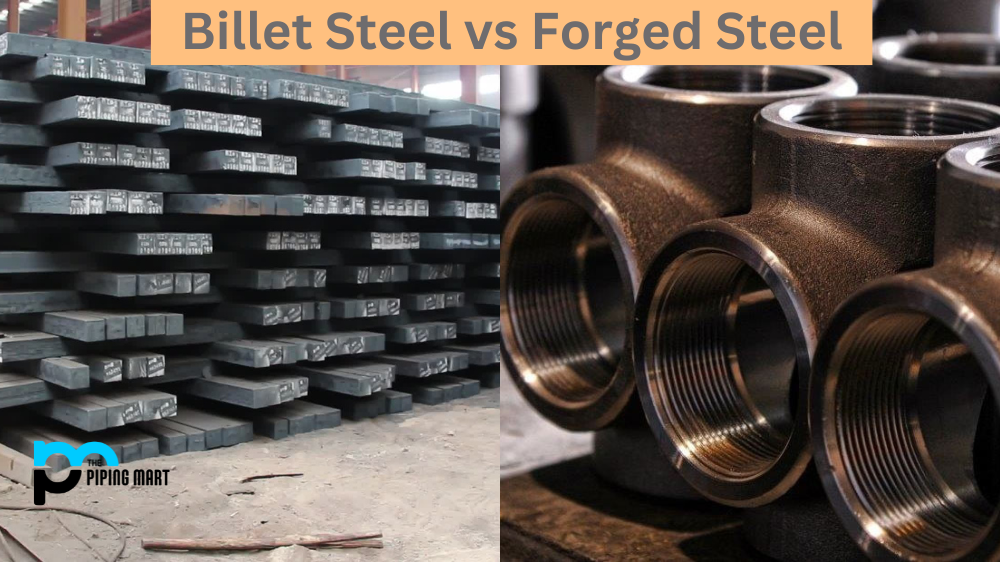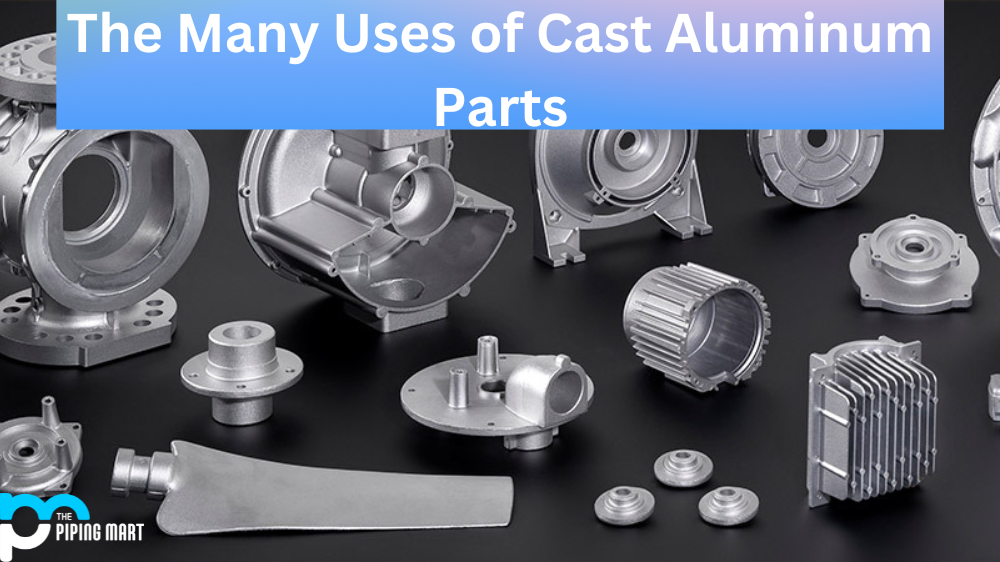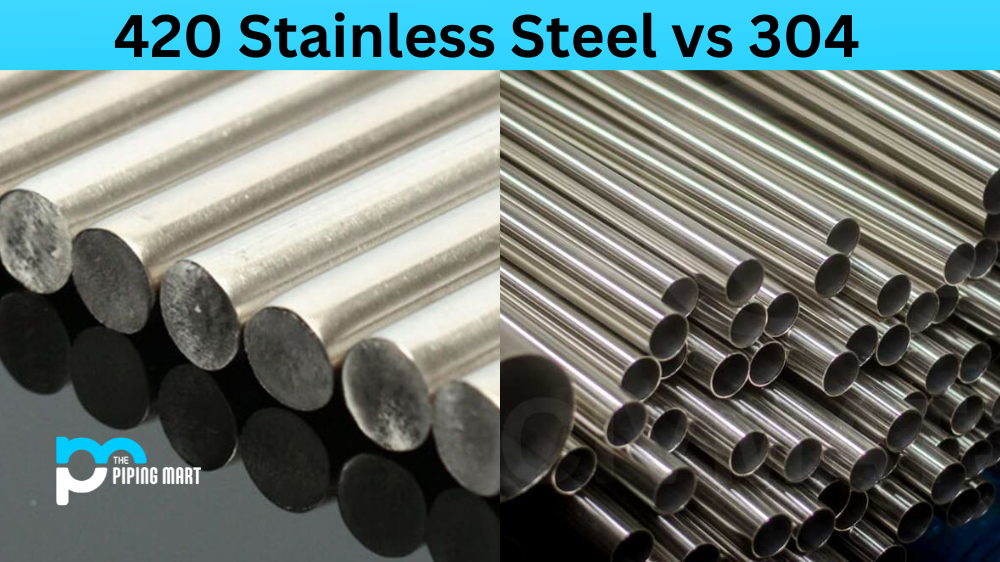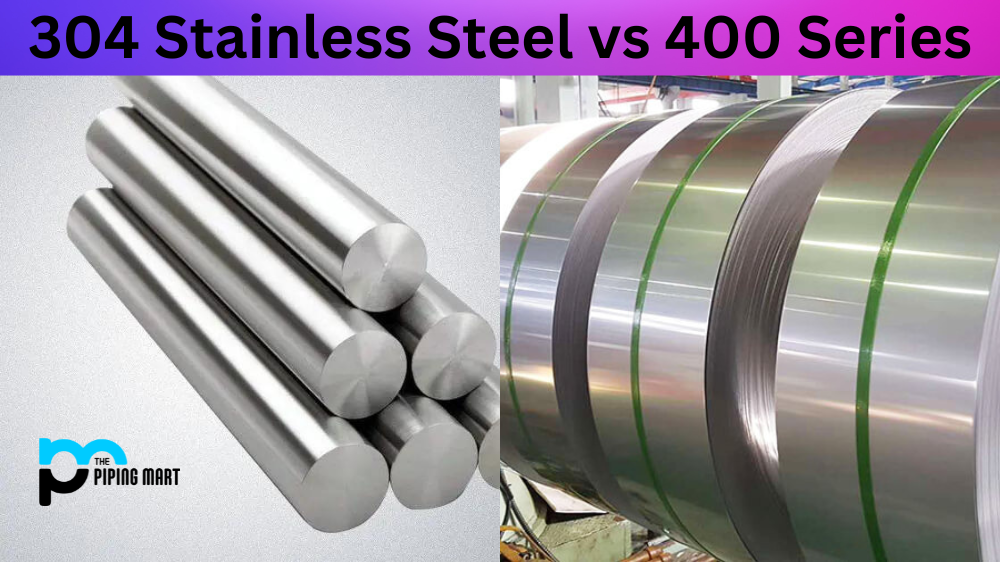Understanding the differences between billet steel and forged steel can be confusing. Both are metals used in manufacturing, but they have different properties and benefits. This blog post will explain the differences between the two types of steel, so you can make an informed decision when choosing which one is right for your project.
Billet Steel
Billet steel is a type of steel that is produced by taking a solid piece of metal called a “billet” and heating it until it reaches its melting point. The molten metal is then poured into a mould or die to form the desired shape. This type of steel has high tensile strength and durability, making it ideal for applications such as automotive parts, engine components, tools, knives, and firearms. It is also highly resistant to corrosion, making it suitable for outdoor use. However, billet steel can be expensive to produce due to its high production costs.
Forged Steel
Forged steel is another type of metal commonly used in manufacturing. It is produced by heating a piece of metal until it reaches its melting point before hammering or pressing it into its desired shape with specialized machinery. Unlike billet steel, forged steel has lower tensile strength and durability but offers superior resistance to corrosion due to its higher carbon content. Additionally, this type of metal is less expensive than billet steel because it requires less energy during production processes. It is often used in applications such as cutlery, hammers, axes, farming implements, railway components, and more.
Difference Between Billet Steel and Forged Steel
- Forged steel is stronger than billet steel.
- Forged steel is more durable than billet steel.
- Forged steel is more expensive than billet steel.
- Forged steel is less likely to warp than billet steel.
- Billet steel is easier to machine than forged steel.
- Billet steel is more common than forged steel.
Conclusion:
When deciding between billet steel and forged steel for your next project or application, consider their respective strengths and weaknesses carefully before making a decision. As outlined above, each type of metal offers unique benefits depending on the project requirements; however, both are strong materials that offer superior performance when compared to other types of metals like aluminium or brass. Ultimately though, whether you choose billet or forged depends on your needs – so do your research before making a final decision!

Abhishek is a seasoned blogger and industry expert, sharing his insights and knowledge on various topics. With his research, Abhishek offers valuable insights and tips for professionals and enthusiasts. Follow him for expert advice on the latest trends and developments in the metal industry.




